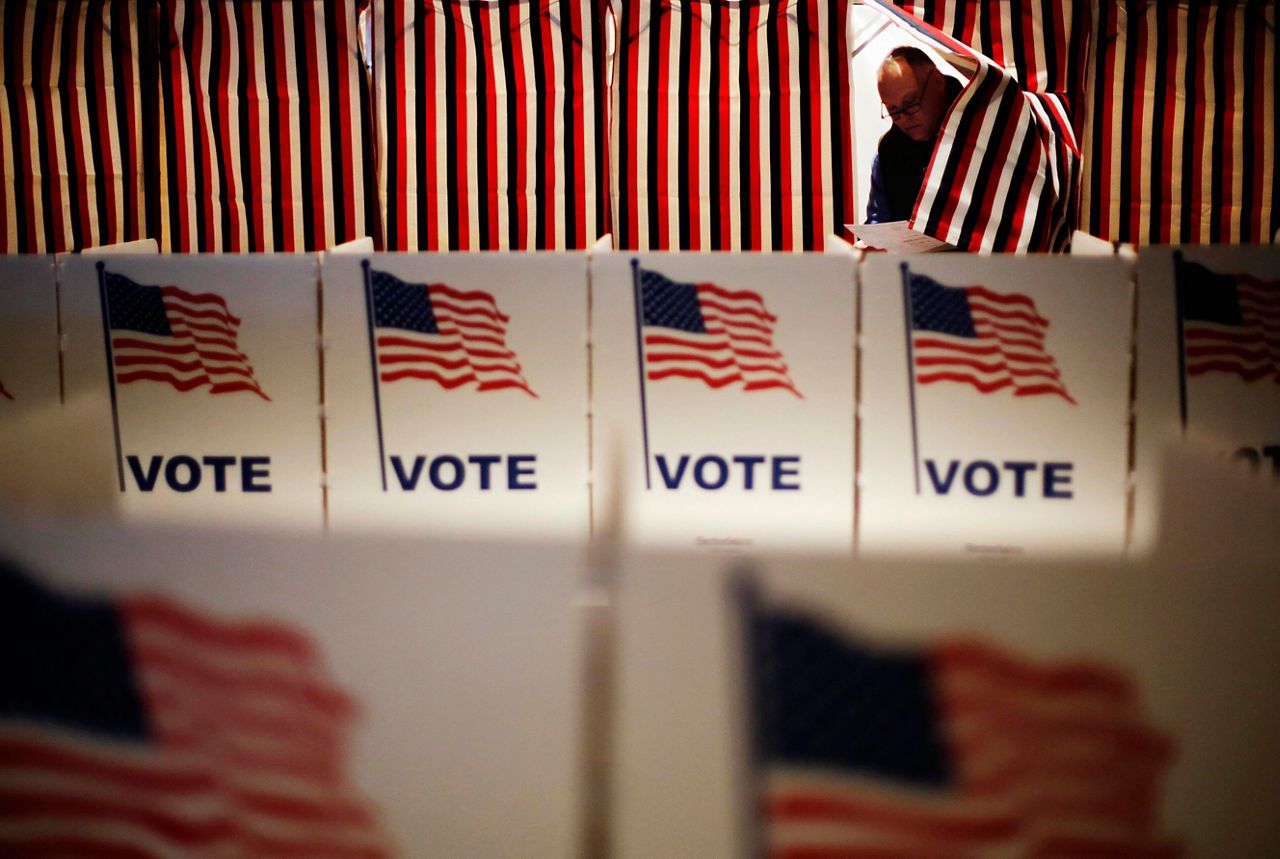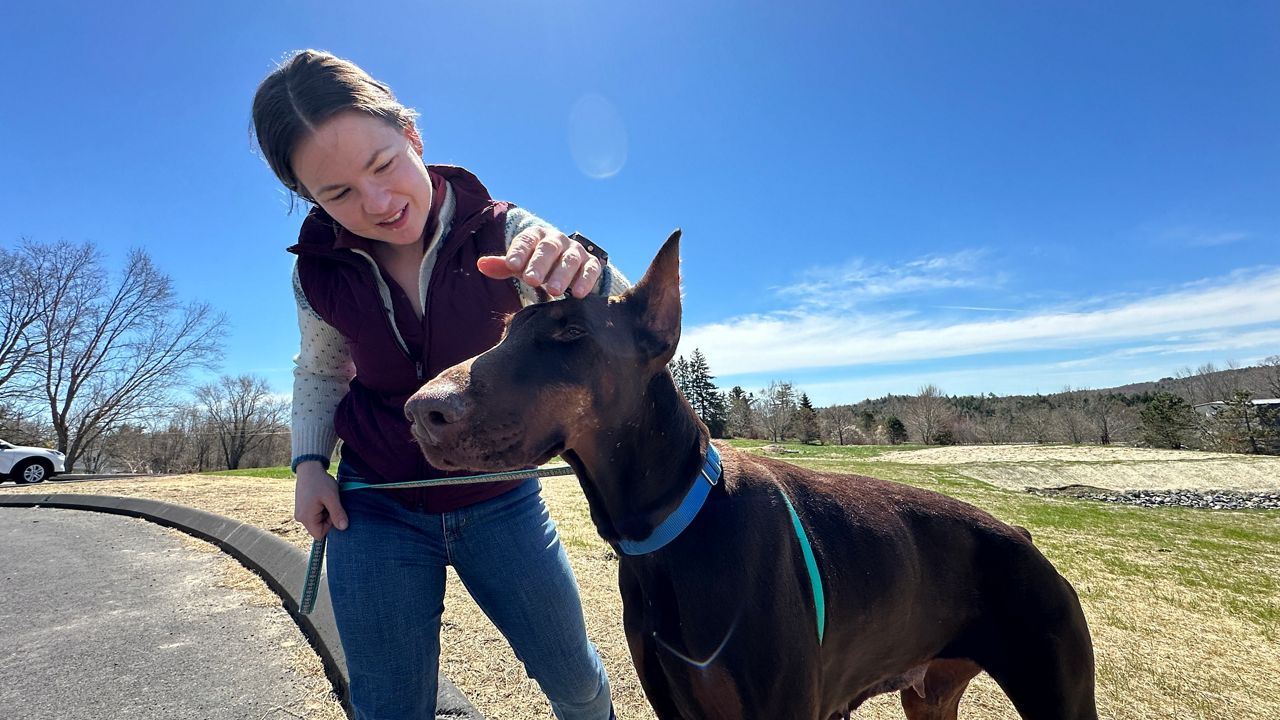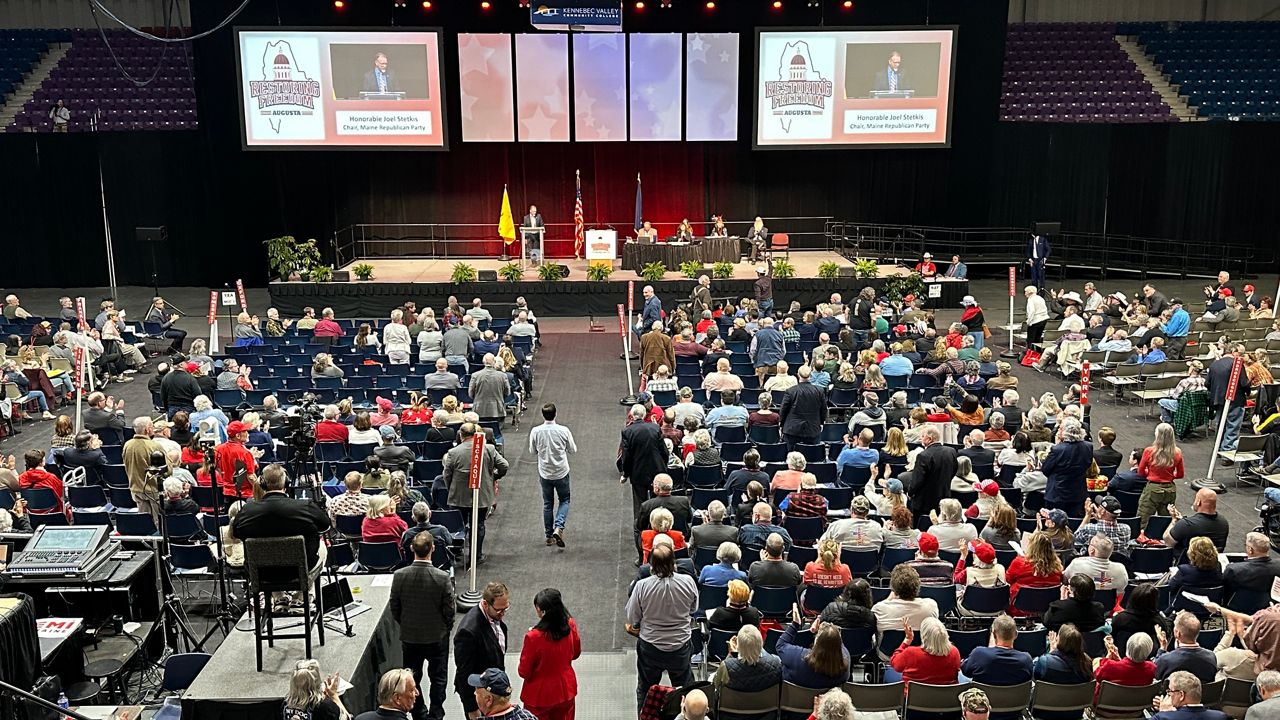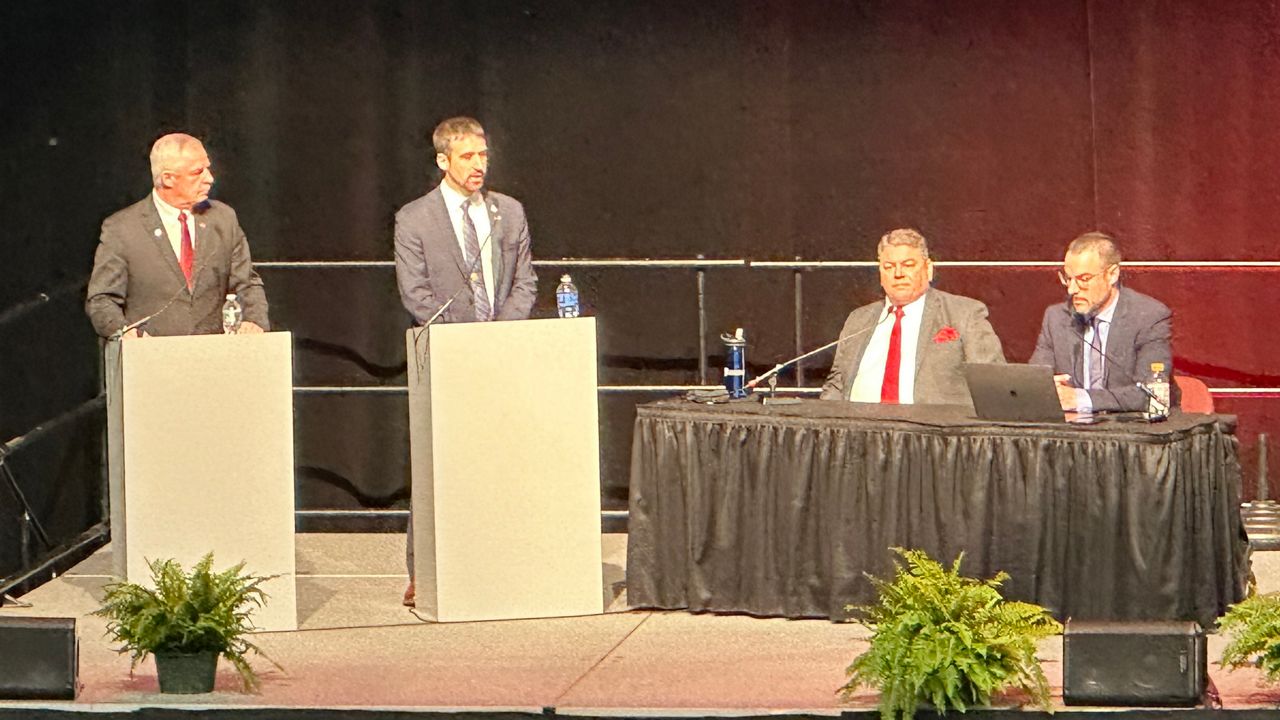Linda Haskell thinks people are choosing not to vote because they don’t understand the state’s ranked-choice voting system.
As a Realtor, ballot clerk and Republican Party activist, she wants lawmakers to repeal the system, which has been in place since 2018.
“I’ve heard numerous complaints about this new ranked-choice voting,” she told members of the Legislature’s Veterans and Legal Affairs Committee. “They don’t understand it. No one understands it. People come in and place their vote and they are dissatisfied when they leave.”
Maine was the first state in the country to use ranked-choice voting, which was put in place by citizen referendum following the 2010 and 2014 elections of former Republican Gov. Paul LePage, who won both elections with less than 50% of the vote.
And although the voting system can’t be used in the race for governor — the state Constitution prohibits it — it has been used to decide Maine’s swing 2nd Congressional District twice.
Ranked-choice voting is also used in Alaska and in 53 cities and counties representing about 11 million voters, according to the Council of State Governments.
The system allows voters to rank their candidate preferences in races with three or more candidates. If no candidate gets more than 50% of the vote after the first round of voting, the candidate with the fewest votes is eliminated and their second-place votes are distributed to the other candidates.
The system most recently kicked in last November, when election night results in a three-way race for the 2nd Congressional District showed U.S. Rep. Jared Golden, a Democrat, with 48.5% of the vote, former U.S. Rep. Bruce Poliquin, a Republican, with 44.7% and independent Tiffany Bond with 6.8%.
After Bond’s second place votes were redistributed, Golden won with 53% to Poliquin’s 47%.
Legislators on the legal affairs committee, which oversees voting, are scheduled to weigh in Wednesday on LD 1038, which seeks to repeal ranked-choice voting. Another controversial voting bill — LD 1055, which would ban ballot drop boxes — is set to come up for a committee vote on Friday.
With Democrats in charge of the House and Senate, the bills aren’t likely to pass. But they are likely to generate lengthy floor debates as Republicans push back on ranked-choice voting and pandemic-era holdovers, such as ballot drop boxes.
The drop boxes were first used in 2020, when Gov. Janet Mills signed an executive order meant to reduce the possibility of crowded polling places, Sen. Eric Brakey (R-Auburn) told fellow lawmakers last week.
He thinks it’s time to end the pandemic-era convenience, questioning whether the boxes are secure enough to protect against potential damage to ballots and whether the act of voting has become too casual.
“While I acknowledge they served a need at a specific time, I hope the committee will reexamine whether these drop boxes on a permanent basis promotes the integrity and seriousness of voting we all value,” he said.
In introducing the bill to repeal ranked-choice voting, Rep. Ed Polewarczyk (R-Wiscasset) said voters told him as he campaigned door-to-door that they don’t like the system.
“As I talked to my constituents, there’s an increased number of them that are against ranked-choice voting,” Polewarczyk said. “They view the system as being more complicated.”
Polewarczyk said some voters don’t understand that it’s optional to fill in multiple ovals in a single race — the process of ranking candidates — and that they can simply vote for just one.
While Polewarczyk and Haskell spoke anecdotally about confusion at the ballot box, neither presented hard evidence that people weren’t voting because of the ranked-choice system.
In testifying against the bill, Deputy Secretary of State Joann Bautista said it’s important to reflect the will of the majority and that it hasn’t been difficult to implement.
“We feel that voters appreciate the option to vote their heart rather than having to stress and worry that voting for their favorite candidate in a plurality election may end up helping their least favorite candidate win, that they will have to vote for the lesser of two evils, or that their vote will split the ticket,” she said.








)